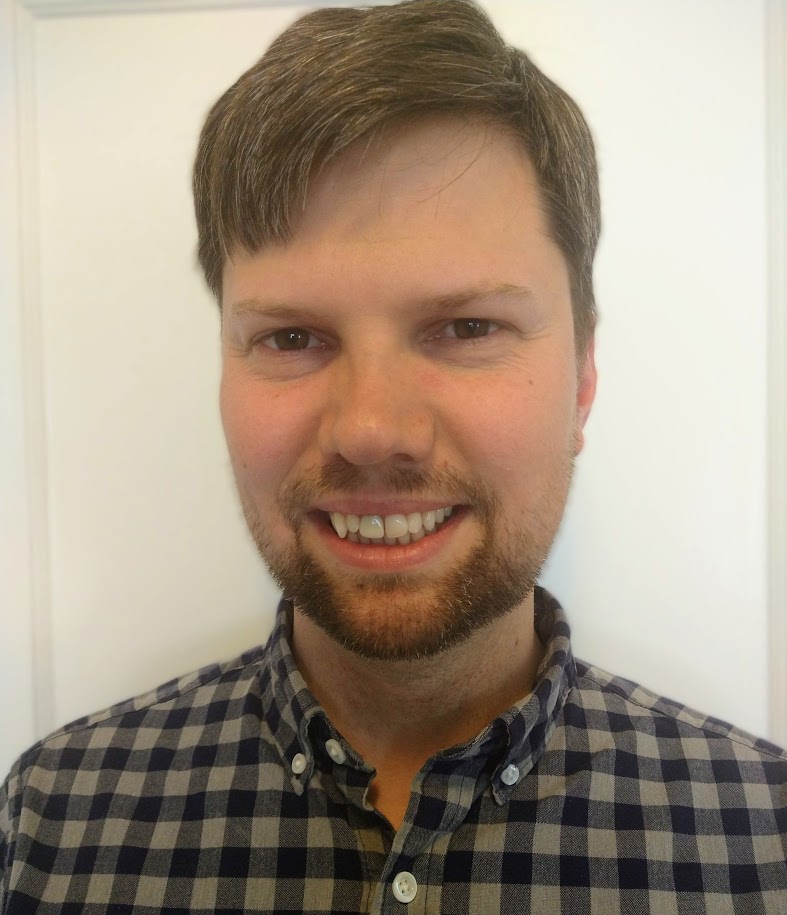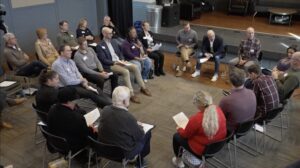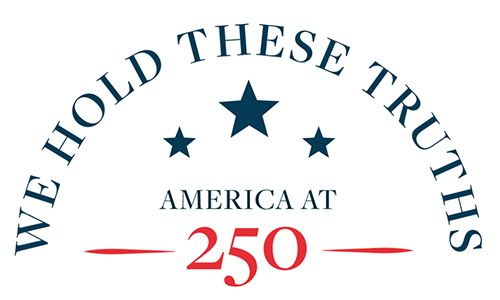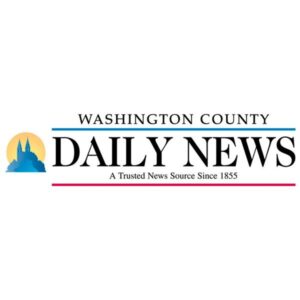Oftentimes those drawn to and leading important Braver Angels work are “travelers” – they have crossed divides, some seen and some invisible but equally powerful. David Lapp is a traveler, across religion, work, education and politics, which has given him a unique appreciation for our American Experiment.
Part of David’s travels have included his own journey through multiple religious communities, from his being raised as part of an Amish community in rural Pennsylvania until age 6 – his first language was Pennsylvania Dutch – to his current affiliation with the Catholic church, all of which have influenced his spirit towards Braver Angels.
He notes, “I learned early on that the Amish have a long history of being peacemakers, that’s their tradition, and my faith both then and today leads me to consider that as a starting point in how I believe we should all deal with others.”
David adds, “When we are fully alive, fully ourselves, there can be a genius to religion in coming to realize the ways in which we all need each other. All of this helps me think about why I appreciate the mission of Braver Angels so much and why I am a part of it.”
Another part of his life’s journey has been serving different public service roles in various communities where he says he is often reminded of the dignity of work. Along with his wife, Amber, David has spent a lot of time interviewing working-class Ohioans about their life experiences and families before helping to start Braver Angels.
For his formal education, David studied politics, philosophy and economics in college but found some of his deepest insights came from interacting with his fellow Americans outside of the classroom. His life’s work has focused on supporting what he sees as bedrock institutions in our society – family, marriage, and the health and welfare of working-class communities.
After college he worked with Braver Angels’ co-founder David Blankenhorn at the Institute for American Values. Today, he leads the We the People’s Project, which aims to tap into the experiences, wisdom and energy of America’s most prevalent population segment. “I come from working class background… my dad was a farmer, and most folks I grew up with did not go to college,” similar to 65% of American adults today.
He adds, “I strive to consider the everyday person and have come to realize that there are so many paths that can lead to a significant life. We need each other more than we know and yet often don’t not see all we have in common.” Across race, religion and class, David believes that success really comes from engaging all of us because the success of the individual derives very much from the health and well-being of the larger group.
In 2016, David was asked to organize the very first Braver Angels workshop on depolarization, bringing voters from opposite ends of the spectrum together over the course of a weekend. He admits, “We had no idea how it would go, but we had faith in our purpose and our process.” He recalls with a grimace how people whom knows and loves were labelled as “deplorables”, as each side in our bi-polar American politics sought to demonize the other.
Yet he sees the common interests and even potential for shared understanding and mutual affection across these divides. He has lived it, personally. By the end of that weekend, he recalls that “blue people were asking about and comforting red people… and vice versa… folks had come to see their common ground. Yet often we stereotype and misunderstand each other. If my Democrat friends had a chance to meet some of my Trump-voting friends, I think they would actually like each other in many cases.”
David sees real promise to expand this dynamic, not only among individuals but across organizations as well. This speaks to what David sees as one of Braver Angels’ most promising future directions: partnerships. From think tanks to churches, David believes there is a lot of power in national and grassroots groups coming together to help lead and clarify some of society’s most important issues with the aim to first understand and then resolve many of the challenges we believe keep us apart from each other, across all sorts of topics, from minimum wage to abortion.
About this work, David says, “I think it’s key to be intentional about opening a conversation. Over the next year I’m really excited about increasing our focus on working-class voices and guidance, leveraging the strength of the current We the People’s Project leadership team, and growing ways in which members can share their views and values.”
At the same time, he admits, crossing divides is difficult even inside identity groups. Moreover, many of us have seemed to have lost our confidence and conviction about the capabilities of the “average citizen” to help drive this process. David notes, “We’ve sort of bowed out in many cases when we should be doing the opposite. People think that to be in politics you have to be an ‘expert’ or some kind of specialist when really all of us have our lived experiences that make our views relevant to the various issues gripping our country.”
This is also why Braver Angels is so important and appealing to David. “We exist to hear what anyone and everyone has to say. No matter your background as you may define it by race, class or any other factor, we want to hear from you.”




